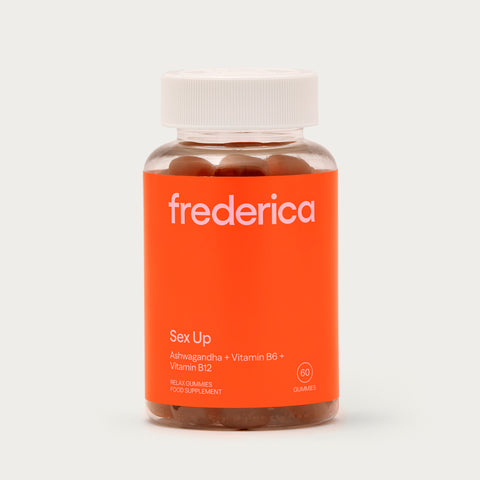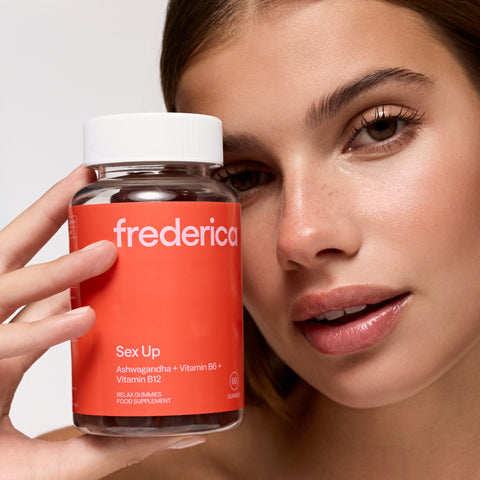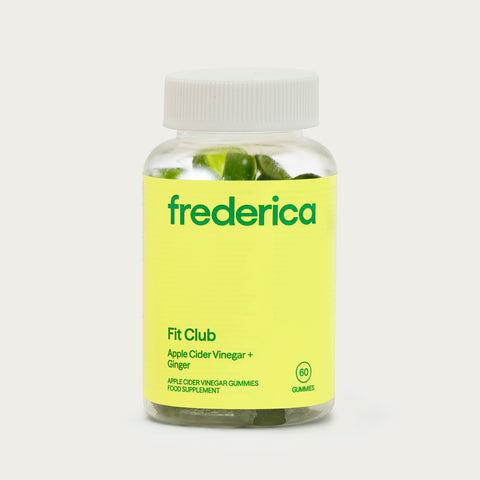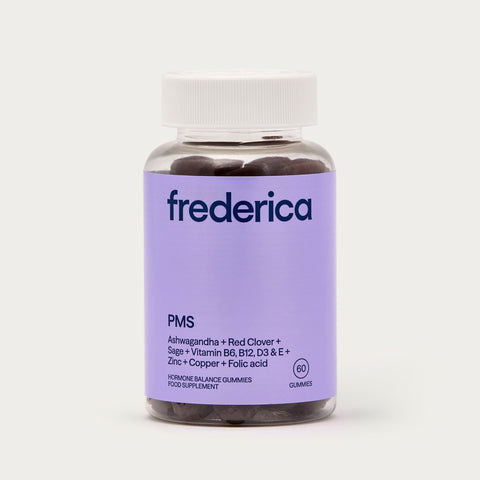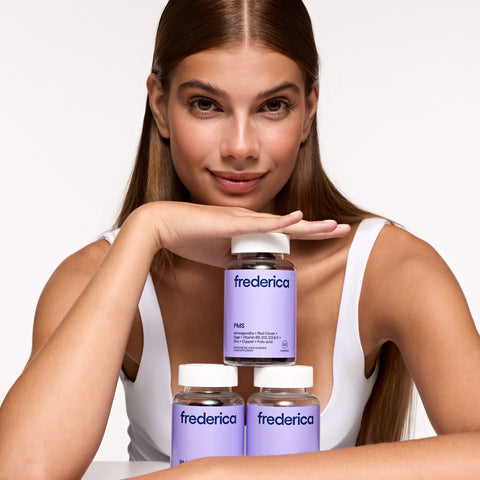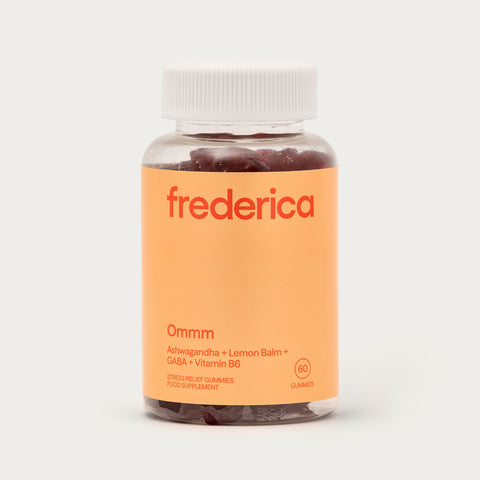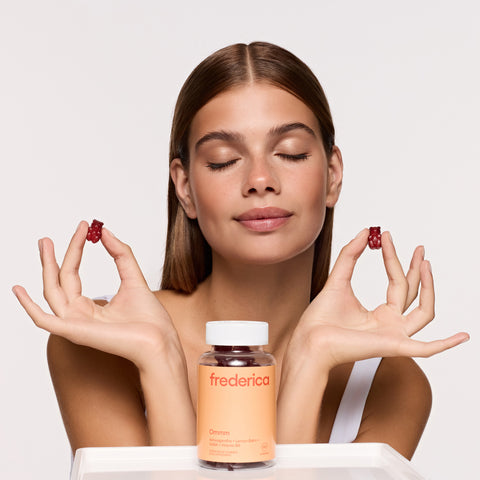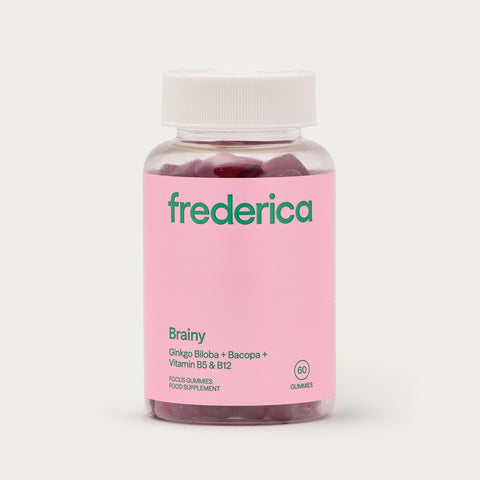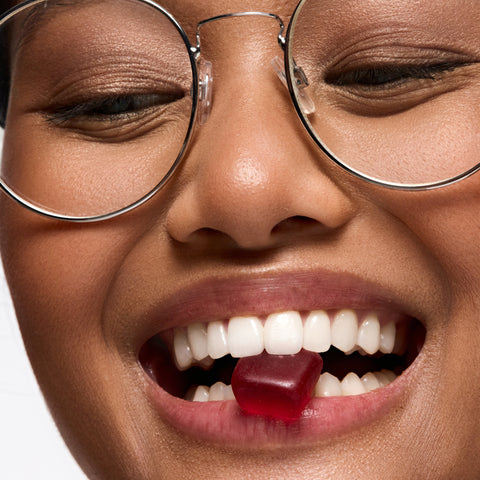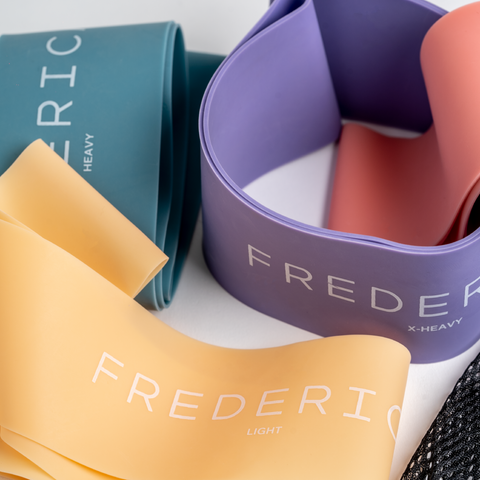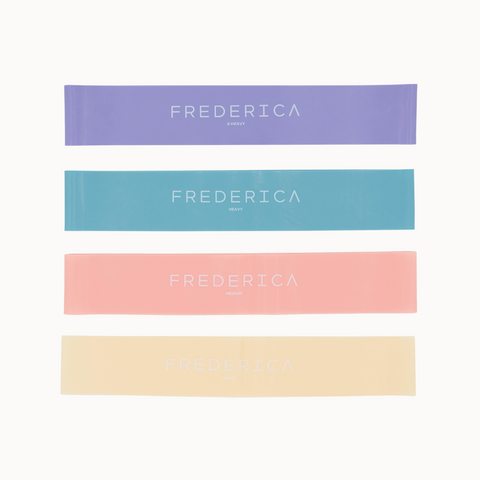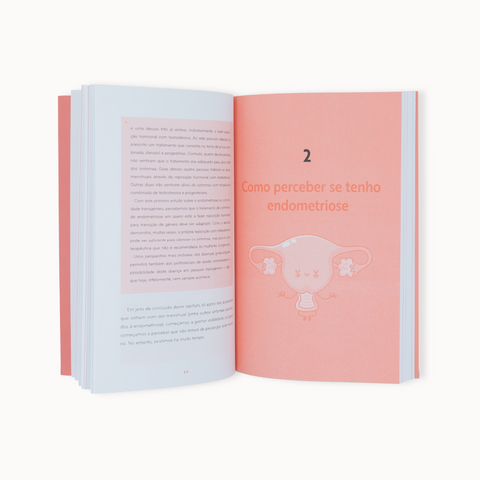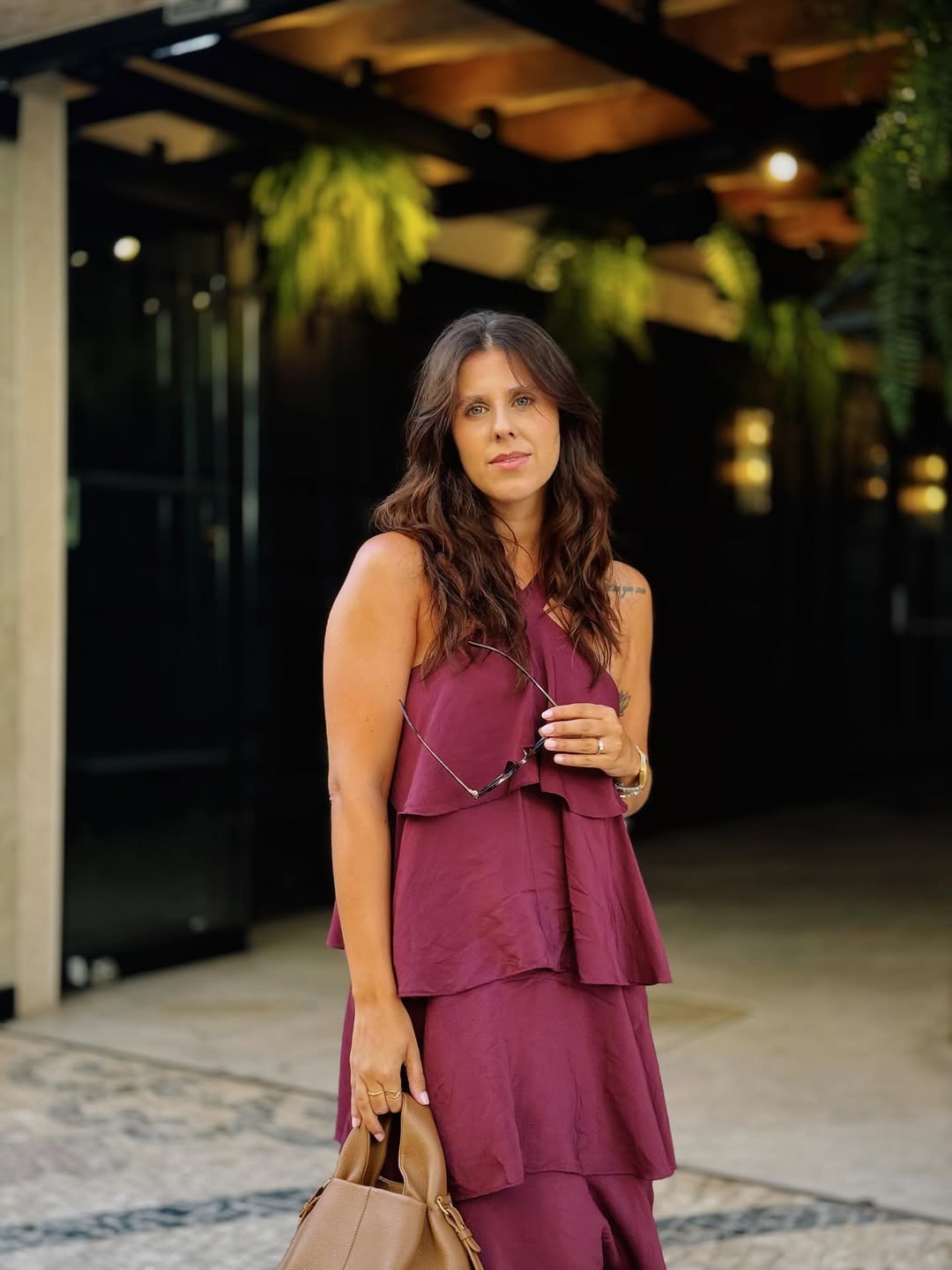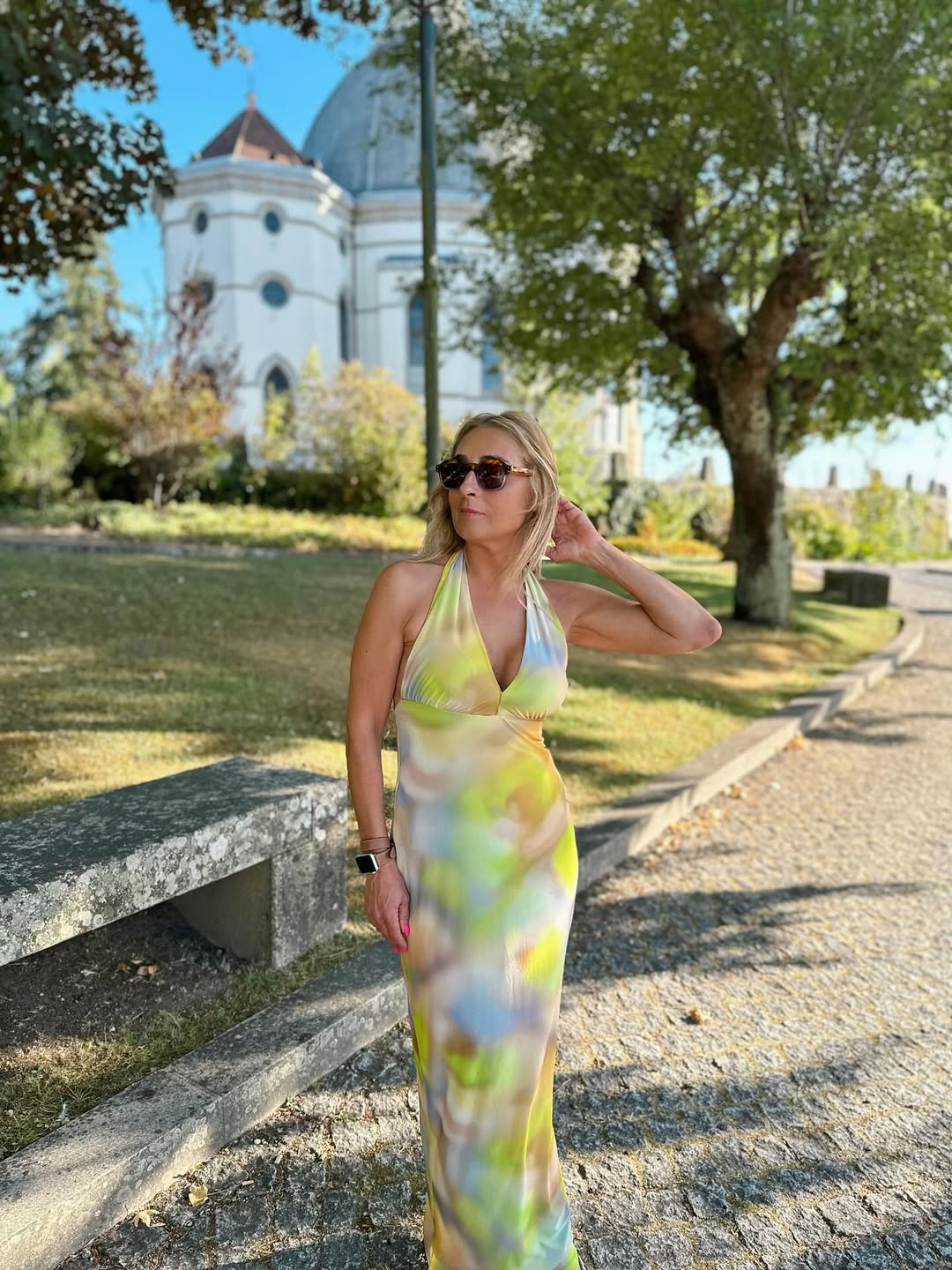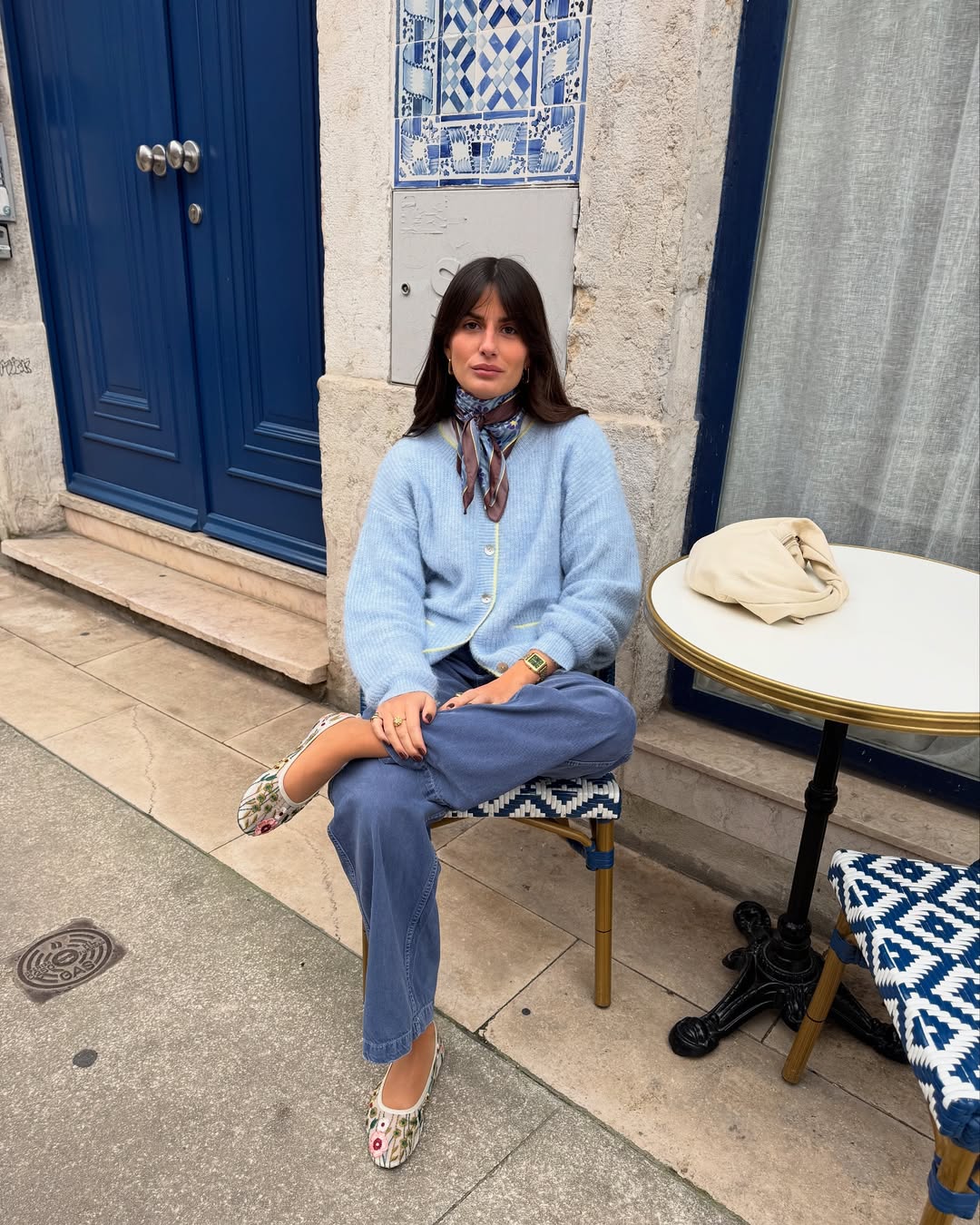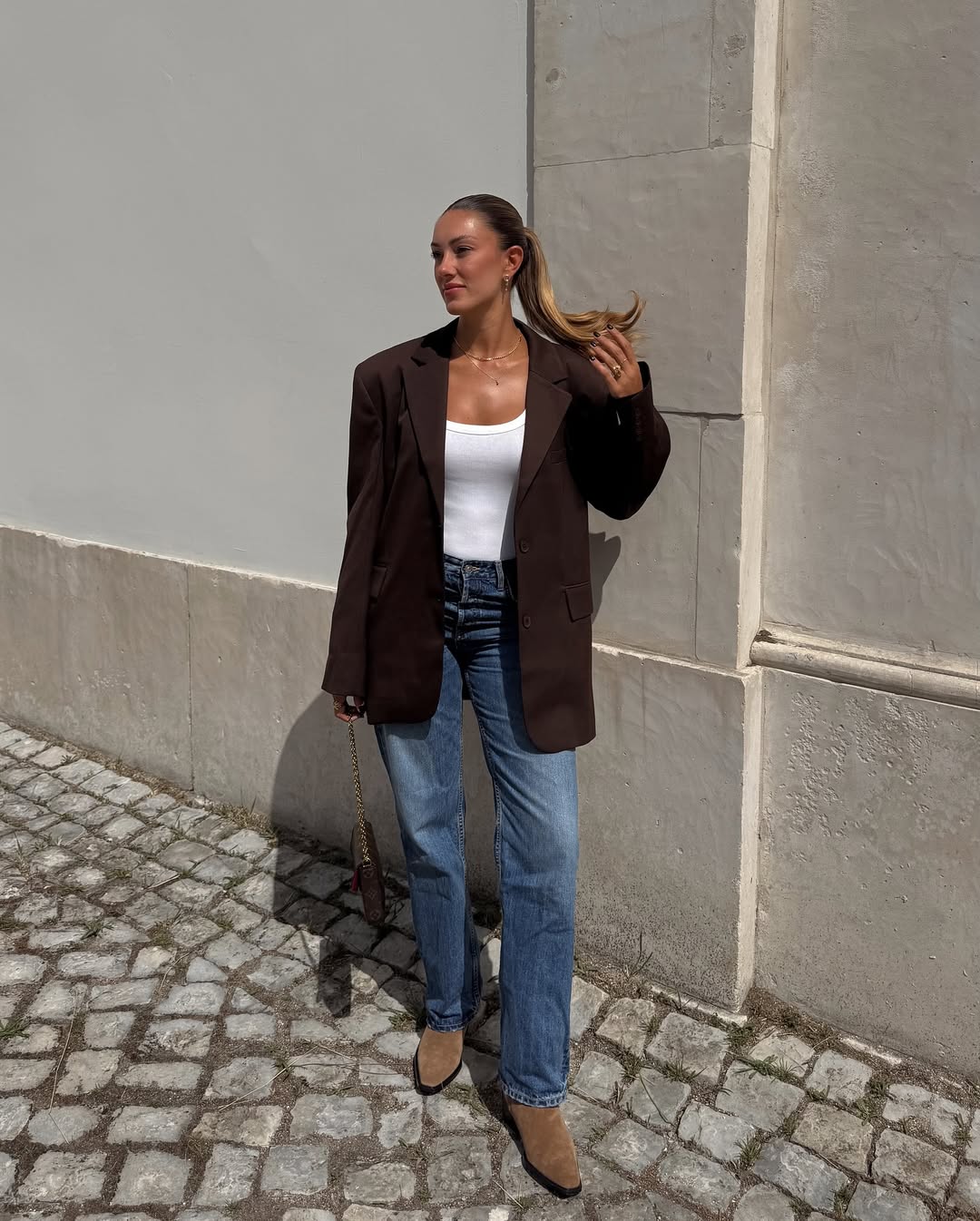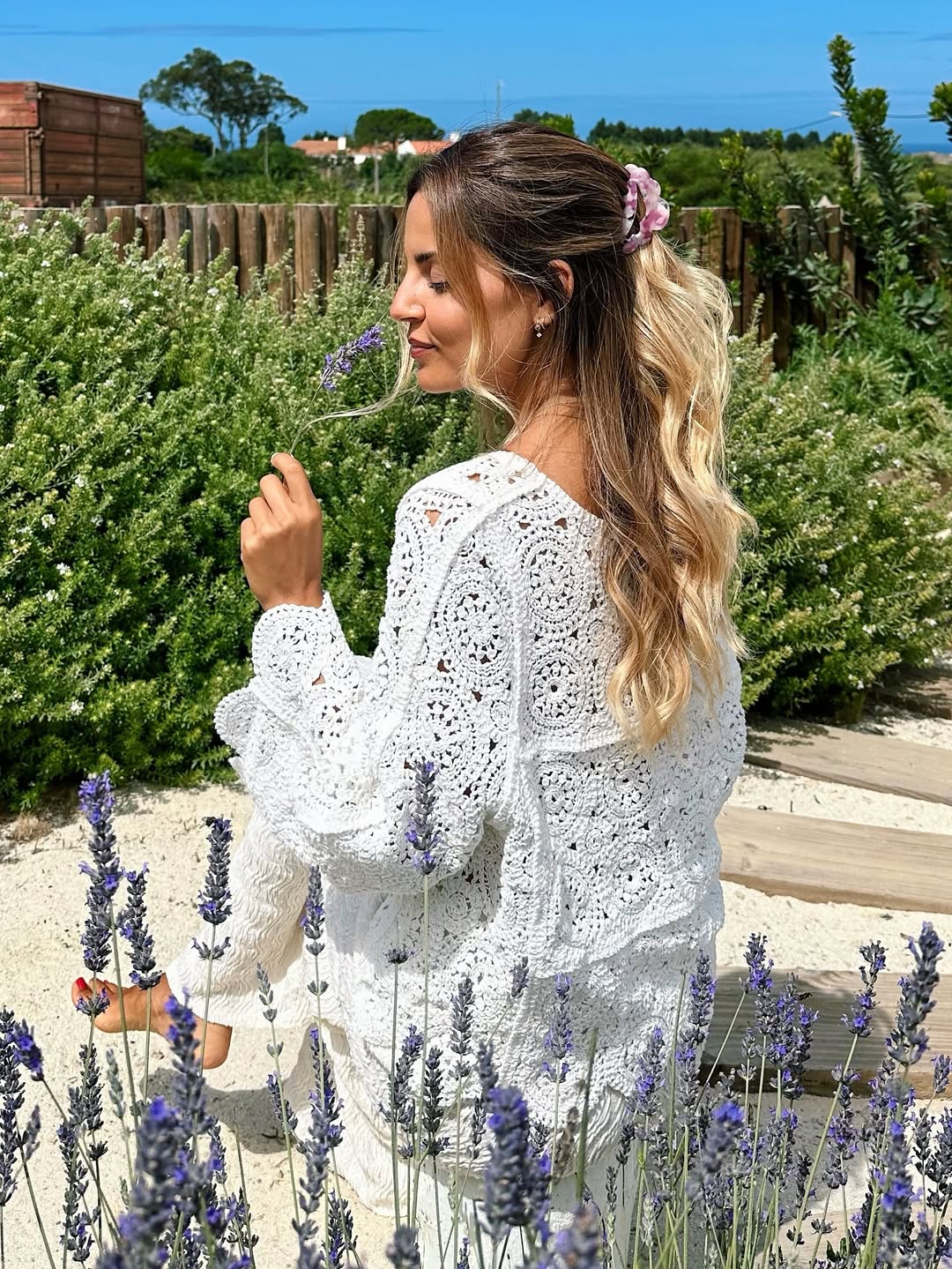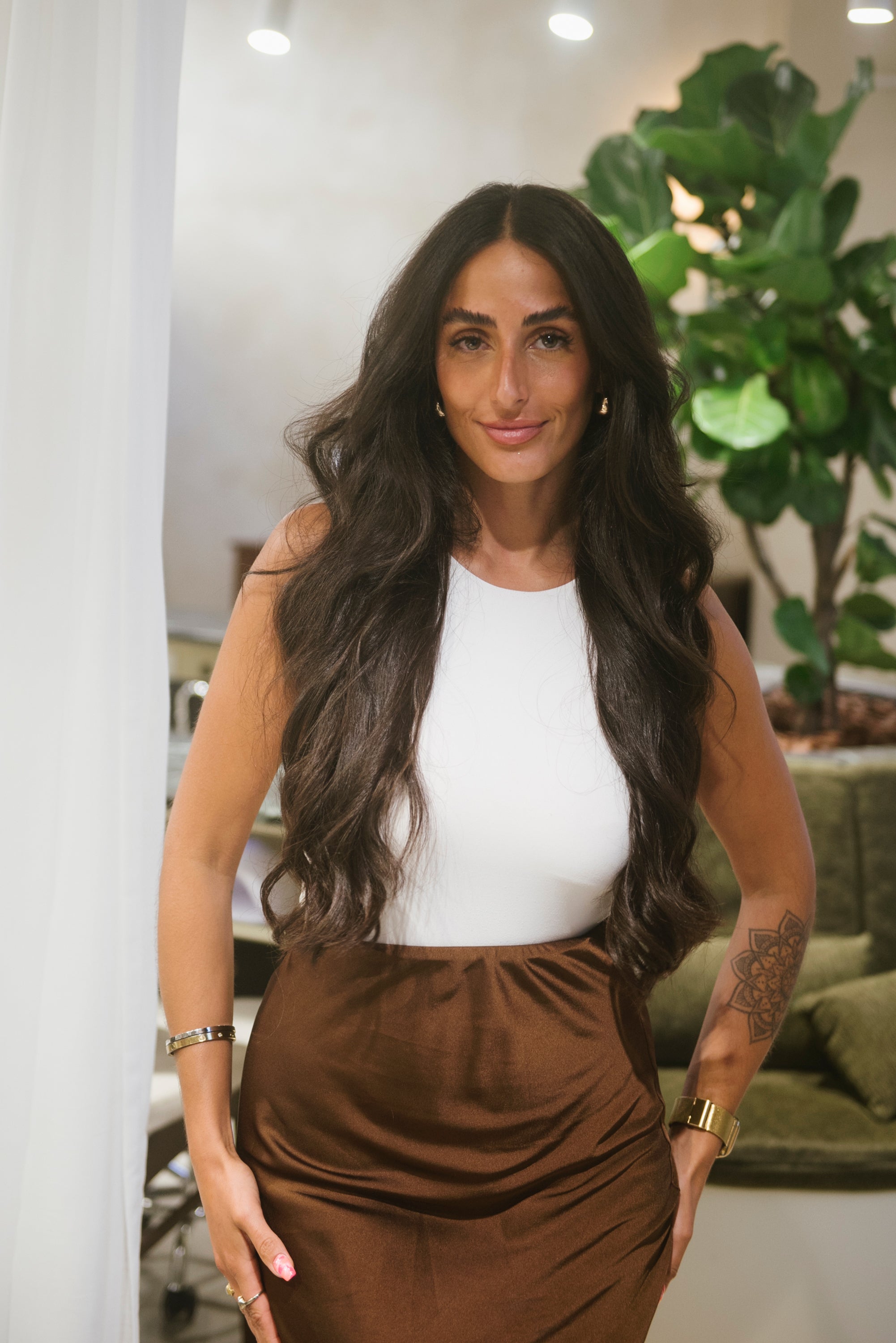Taking care of yourself physically isn't about a lack of negative self-acceptance. Wanting to take care of yourself isn't synonymous with not loving yourself or deeply rejecting your entire being because of a certain physical detail you want to improve. It's about self-love, and it can simply express that you're preserving the physical Universe that carries within itself the stars of your soul. And this is healthy and recommended.
The truth is, since our physical self is intimately connected to our mental, emotional, and visceral self, we need to take care of our exterior. Otherwise, this temple, which carries the life within us, will deteriorate more quickly. Most of us don't want that to happen, right?
The exterior is connected to the interior. Just as the brain appreciates conscious breathing (it becomes more oxygenated and the nervous system is balanced), the skin also appreciates, for example, the care with lotion after bathing (it is less exposed and becomes stronger), and our self-esteem appreciates the color of lipstick that gives it more life (the mind becomes happier).
So, perhaps the most pertinent question is: " When, when taking care of myself, am I not accepting myself, but rather in a more extreme or negative way?" The truth is that there are different opinions on the subject and, similarly, many exceptions to the rule. Therefore, what I'll mention here is the most common, the one that happens most frequently, and which leads to the inferences I'll share here. It may be harsh, but, deep down, the answer is simple: when I feel the need to change, almost categorically, many of my natural physical characteristics, even if I don't have a deformity (but see them as such) and live in a state of constant anxiety, to maintain the physical appearance that I believe is the only thing that can save me. That's when, then, I don't accept myself, at all, as I am or am. And this is negative because it unbalances us and becomes one of the main focuses in our lives, distancing us from and robbing us of the good in us, as well as the wonderful aspects we may possess in our personality and intelligence, whether emotional or cognitive. This attitude prevents us from valuing the reality around us, nor does it allow us to love ourselves, making it impossible to love anything or anyone harmoniously. What's more, it can put our health at risk.
However, there's nothing wrong with those who have changed everything, or are changing it, to feel better! Success stories are those in which physical changes occur, often radical ones, but in which the person hasn't put their physical and mental health at risk. They begin to feel better and live better within themselves, refocusing on their inner self, and are happier than sadder more often. It's a case of: I'm glad it happened.
Reasons for concern arise when:
- The bodily (aesthetic) changes we make still do not satisfy our soul and, for some reason, they never do;
- We felt at least somewhat good about our image until we realized that we are completely different from Kardashian X and we can't stop making changes until we become "like her";
- We do not have creativity, nor an economic situation that allows us to change, as we would like, many aspects of our image and, for this reason, we cannot go out into the streets without the company of depression and anxiety;
- Even without any pronounced or very visible deformity, we cannot see anything beautiful in our body.
If you're currently identifying with one or more of the situations described above, we can safely say that non-acceptance has taken hold in your soul and is depriving you of quality of life. However, don't be sad. This emotional situation can be reversed.
Suggestion: it is urgent to work on self-acceptance so that you can “unaccept” QB!
I remind you that we live on a planet full of diversity, both in beings and in forms, textures, colors, materials, and energies. And it is these differences that allow us to live as we do. Without earth, air, water, fire, and all the other elements, we would not exist as humanity, because if they were equal, they would not complement each other. What would become of fire if there were no air to create combustion? The same would happen to human evolution if there were no physical and mental differences between people. There would be no evolution at any level.
Difference is part of equality because, as human beings, we are equal. However, many social, cultural, and family patterns lead us to reject some differences between us. And the truth is that women have been, and continue to be, the target of these patterns.
Thus, over the centuries, women have been surreptitiously forced not only to resemble the standardized feminine model, but also to "look beautiful" and "not age," so that they can continue to "deserve" a good place on the social podium and continue to feel like women. These are some of the reasons why women, especially, have a hard time accepting a discrepancy between themselves and someone who might be considered more beautiful, and why they fail to react wisely when they see the first wrinkle and sagging appear on their bodies. What is a wise (and healthy) reaction?
Here's an example:
Situation: Feeling sad because of wrinkles, sagging skin or cellulite.
- Accept that you are sad and that it doesn't matter, because it is human to feel that way when something disappoints us;
- Find a way to reduce this imperfection that is saddening your heart, within your economic possibilities and health limitations;
- Attack the “imperfection” calmly, without allowing it to become an obsession;
- Immediately look for something in your body image and aesthetics that you consider beautiful, contemplate and be grateful;
- Every time you think about the new “defect,” look for a positive memory associated with that patch of skin or hair, etc.
Your biggest "flaws" may hold less positive memories, but they also certainly hold memories of hugs, kisses, affection, and other loving experiences that you will never, ever forget. Remember the stories of your life that your small flaws tell, the wisdom that already exists within them, and take care of yourself as best you can, always, but without overdoing it, without failing to see the rest of all the beauty that lies within you.
Vanda do Nascimento is a therapist, coach, and mindfulness instructor at the Escola de Mindfulness Essencial , which she founded in 2016. She began her career as a teacher in 1997, graduating with a degree in Pedagogy. Around the same time, she also began studying Reiki, Meditation, and Mindfulness. She later pursued psychology and delved deeper into mindfulness to continue her struggle to manage stress and anxiety.



